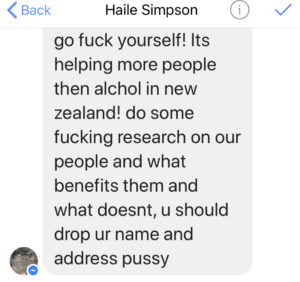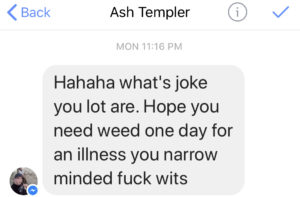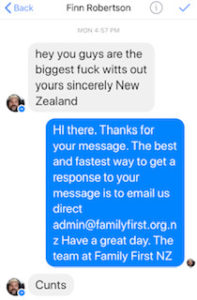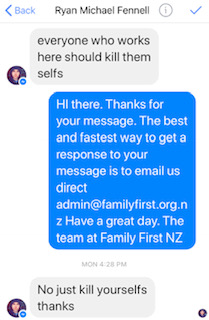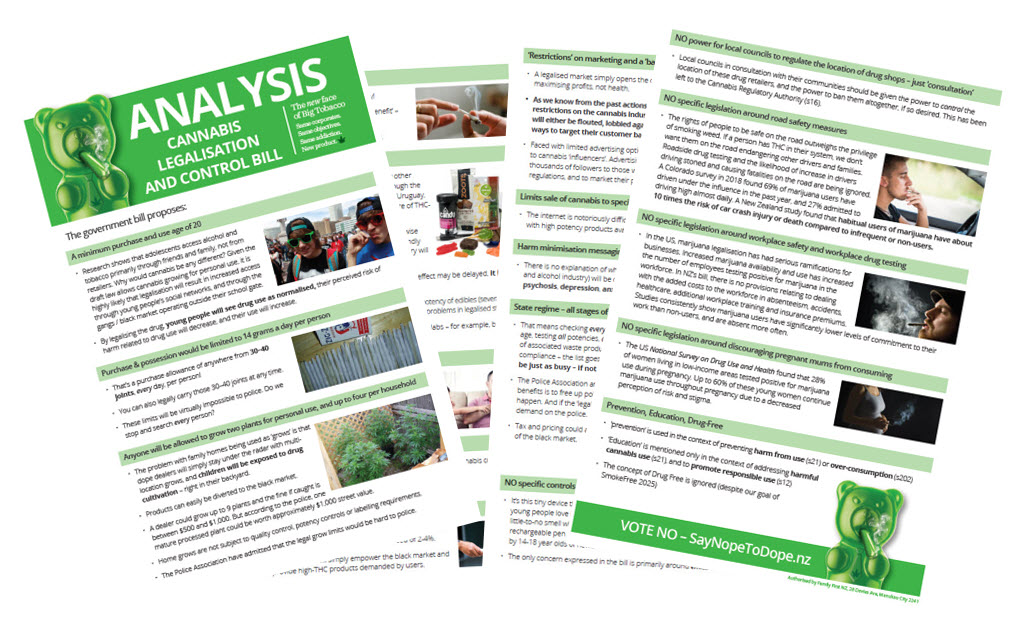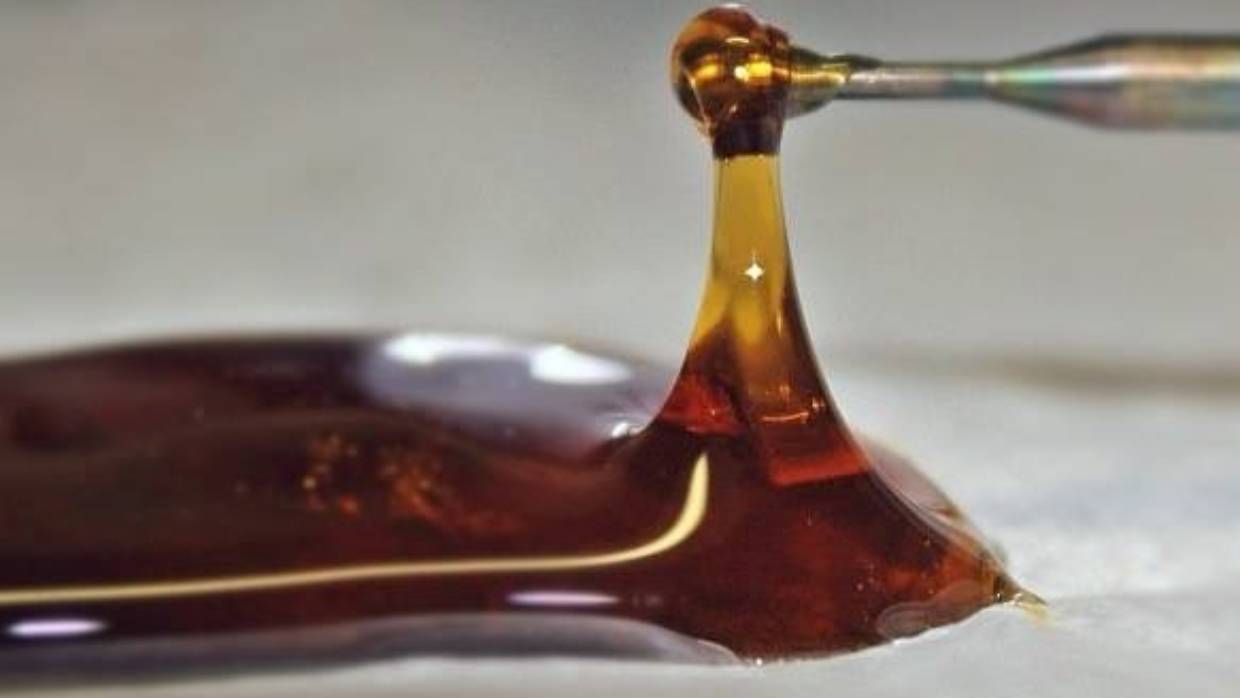
Cannabis: More middle-aged Kiwis opposed to legalisation than in favour – survey
NewsHub 22 May 2020
Family First Comment: Significant opposition to cannabis legalisation…
“49.8 percent of participants OPPOSED legalisation, while ONLY 26.8 percent were in favour… Women and those with dependents were more likely to oppose, while Kiwis who had used cannabis or other drugs before, a history of depression, Maori ancestry, parental drug use and higher education attainment were in favour. A vast majority (90 percent) want cannabis to remain illegal for those under 18, 70 percent believe it should be illegal for private individuals to sell the drug and 54.4 percent believe cannabis is harmful.”
#saynopetodope #voteNO
Middle-aged Kiwis are more likely to oppose cannabis legalisation than be in favour of it, a study from the University of Otago shows.
With the cannabis legalisation referendum coming up at September’s election, there’s interest in finding out which way Kiwis swing on the issue.
The University of Otago Christchurch Health and Development Study (CHDS) surveyed 900 40-year-old New Zealanders and found 49.8 percent of participants opposed legalisation, while only 26.8 percent were in favour. The rest were neutral. CHDS has been following the lives of 1000 Cantabrians born in 1977.
The interviews were done in 2017 and 2018, before the referendum and any detail on it was announced.
Women and those with dependents were more likely to oppose, while Kiwis who had used cannabis or other drugs before, a history of depression, Maori ancestry, parental drug use and higher education attainment were in favour.
A vast majority (90 percent) want cannabis to remain illegal for those under 18, 70 percent believe it should be illegal for private individuals to sell the drug and 54.4 percent believe cannabis is harmful.
On the issue of decriminalisation – where the drug isn’t sold legally but those caught are not prosecuted – 47.8 percent are in support, 27.2 percent oppose and the rest are neutral.
More than 80 percent of those middle-aged Kiwis surveyed agree or strongly agree that doctors should be able to prescribe medicinal cannabis and that the drug was an effective form of chronic pain relief.
READ MORE: https://www.newshub.co.nz/home/new-zealand/2020/05/cannabis-more-middle-aged-kiwis-opposed-to-legalisation-than-in-favour-survey.html
Cannabis study provides glimpse into how New Zealand may vote in referendum
Stuff co.nz 22 May 2020
Middle-aged Cantabrians are more likely to be opposed to the legalisation of cannabis for recreational use than in favour of it, a University of Otago study suggests.
New Zealanders will vote in a non-binding referendum on whether to legalise the sale, use, possession and producton of cannabis in September.
It will be held at the same time as the 2020 general election and euthanasia referendum on September 19.
Researchers have been tracking the lives of more than 1000 Cantabrians since their birth in 1977 and interviewed them at the age of 40.
READ MORE: https://www.stuff.co.nz/national/politics/121581610/cannabis-study-provides-glimpse-into-how-new-zealand-may-vote-in-referendum

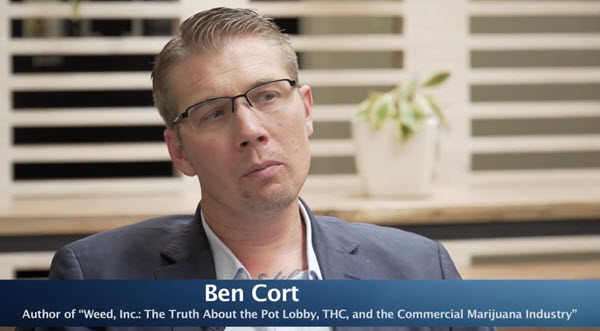

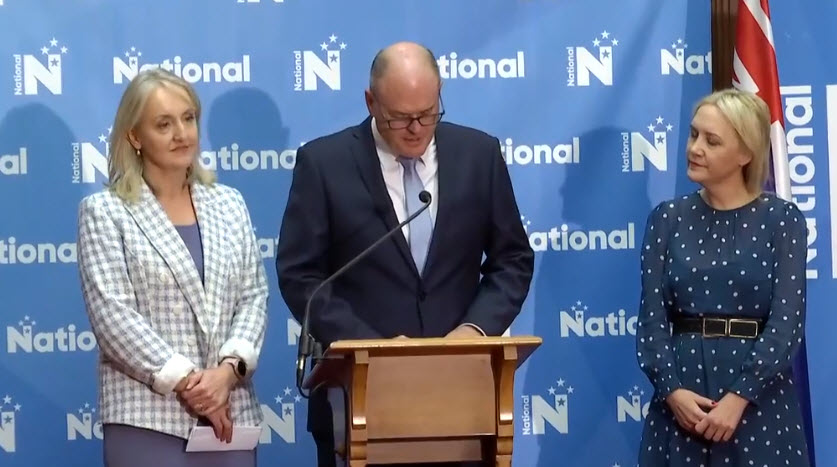

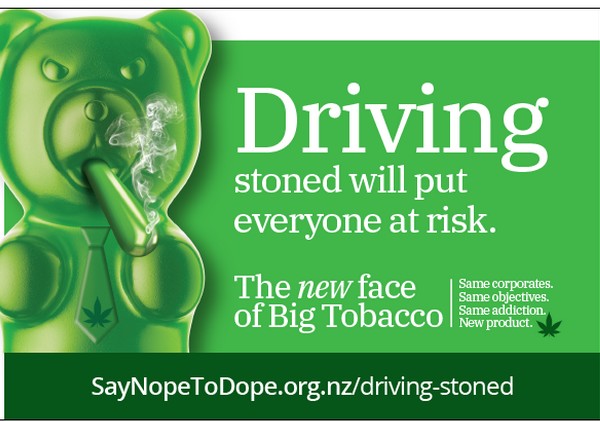
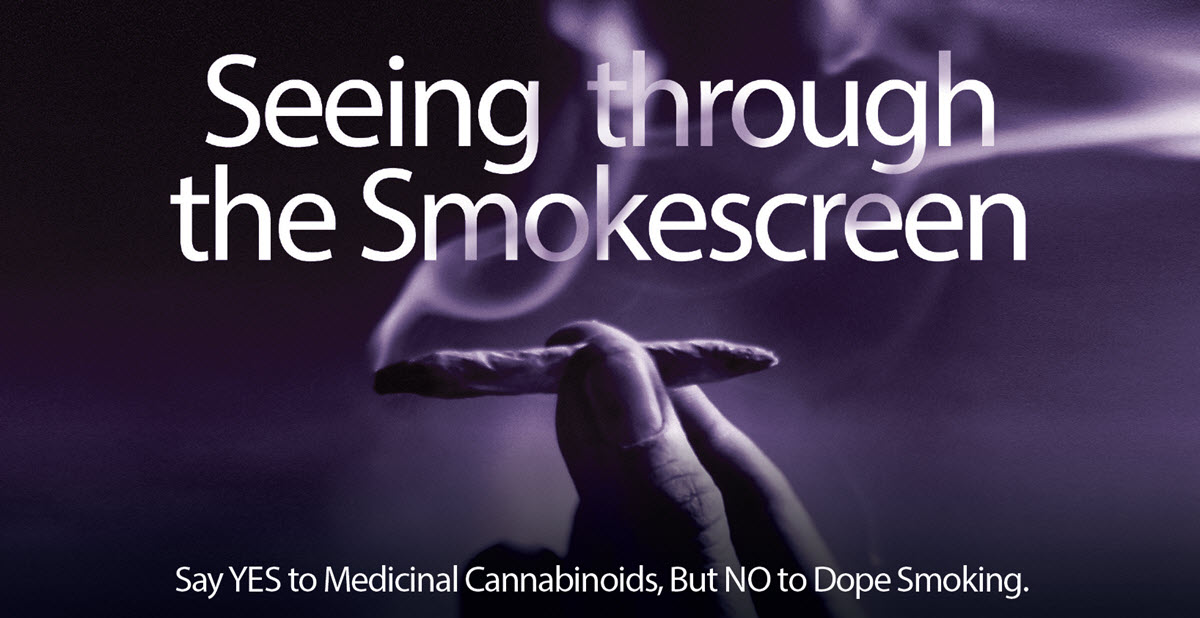
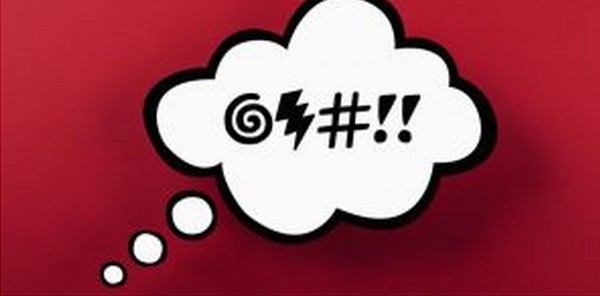
 With the debate on legalising marijuana well under way, the common perception of the dope user is a relaxed mellow chilled-out smoker – just minding their own business. Love, peace and harmony.
With the debate on legalising marijuana well under way, the common perception of the dope user is a relaxed mellow chilled-out smoker – just minding their own business. Love, peace and harmony.
